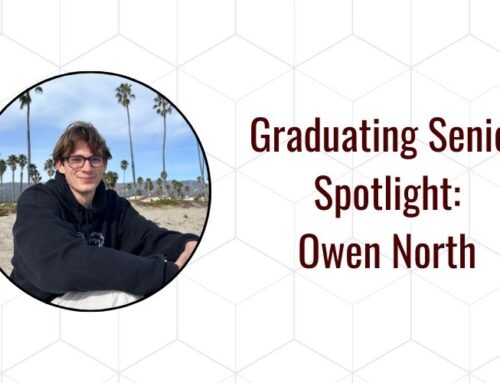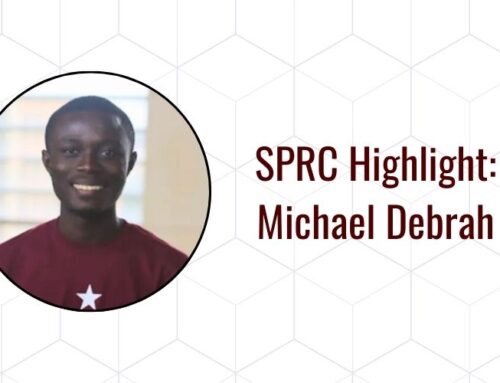Advancing Phage Research: Collaboration Between TAMU and PVAMU Biology Faculty
By: Alex Keene
 Dr. Jolene Ramsey, an Assistant Professor in the Department of Biology at Texas A&M University (TAMU), has partnered with Dr. Lori Banks from Prairie View A&M University (PVAMU) on an innovative project to study bacteriophage mechanisms of action. Dr. Ramsey’s research focuses on the molecular biology of bacteriophages, natural bacterial predators that use specific proteins to kill bacteria, even those resistant to antibiotics. This collaboration builds upon the NIH-funded Genome Research Experiences to Attract Talented Undergraduates into the Genomics Field (GREAT) program, a partnership between the Departments of Biology at TAMU and PVAMU aimed at fostering undergraduate involvement in genomics research.
Dr. Jolene Ramsey, an Assistant Professor in the Department of Biology at Texas A&M University (TAMU), has partnered with Dr. Lori Banks from Prairie View A&M University (PVAMU) on an innovative project to study bacteriophage mechanisms of action. Dr. Ramsey’s research focuses on the molecular biology of bacteriophages, natural bacterial predators that use specific proteins to kill bacteria, even those resistant to antibiotics. This collaboration builds upon the NIH-funded Genome Research Experiences to Attract Talented Undergraduates into the Genomics Field (GREAT) program, a partnership between the Departments of Biology at TAMU and PVAMU aimed at fostering undergraduate involvement in genomics research.
The joint project by Drs. Ramsey and Banks aims to unravel how bacteriophage proteins interact with bacterial membranes to target and kill bacteria. With antibiotic-resistant infections posing a growing global threat, their research could pave the way for developing phage-derived proteins as targeted antibacterial agents. By combining computational and electrophysiology methods, they seek to gain detailed insights into the behavior of these proteins in bacterial membranes, enabling the design of tailored solutions for combating resistant bacterial strains. This endeavor is supported by Dr. Banks’ funding from PVAMU’s Office of the Vice President for Research and Innovation, further emphasizing the cross-institutional collaboration.
A key contributor to this project is Phillip Lotaire, a recent PVAMU Biology graduate and alumnus of the GREAT program, who conducted summer research in Dr. Ramsey’s lab in 2024. Lotaire will continue his work in Dr. Banks’ lab, leveraging the complementary expertise of both researchers. Dr. Ramsey’s specialization in bacteriophage biology and Dr. Banks’ expertise in viral membrane proteins create a powerful synergy for tackling the challenges of antibiotic resistance. Together, their efforts promise to advance our understanding of phage biology and its potential applications in medicine.





